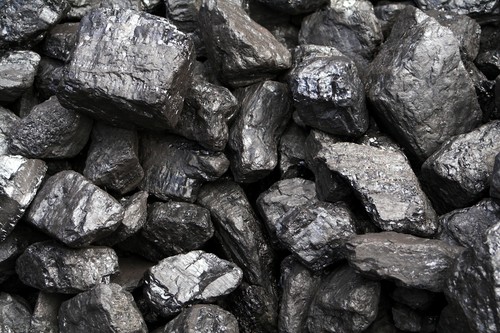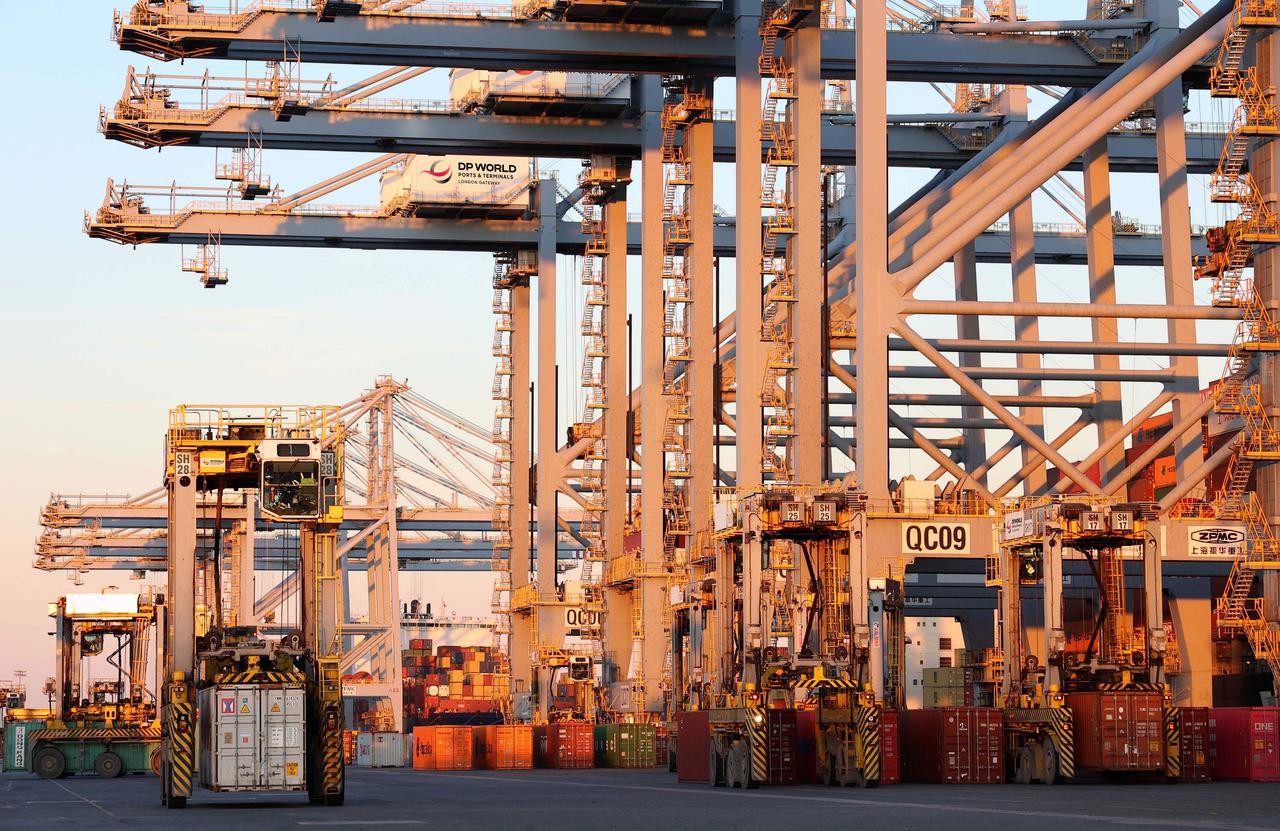April 1 (Bloomberg) — The commodities boom is over and you can have some money back.
For investors in Japan’s biggest trading houses, Mitsubishi Corp. and Mitsui & Co., the payoff in dividends and stock buybacks could be as much as 300 billion yen ($3 billion) in the financial year beginning today, according to analysts who follow them. As the China-led, decade-long rally in commodity prices fades, the traders have been left with excess cash and the need to retain their attractiveness with investors.
“Expectations for earnings growth and a commodity boom are over,” said Kazuhisa Mori, an analyst with JP Morgan Chase & Co. in Tokyo. The traders’ complex business models and history of paying less than Japan’s average in dividends mean that higher returns are “crucial” to retaining investors’ interest, he said.
In its first buyback in more than a decade, Mitsui said in February it would repurchase 50 billion yen of its stock. And then last month, it said it will cancel 1.8 percent of its outstanding shares on April 18. By shrinking its pool of equity, the company makes its remaining stock more valuable.
The companies, which rank as Japan’s biggest dealers in iron ore, liquefied natural gas and coal, now have fewer large- scale investment opportunities after spending on commodity projects peaked, said UBS AG analyst Katsuya Takeuchi.
Takeuchi said he expects Mitsubishi to follow Mitsui with a similar 50 billion yen buyback this year. Together with dividends, Mitsubishi should return 150 billion yen to shareholders, up from about 110 billion yen last year. Mitsui’s total payouts should be around the same, for a sum of about 300 billion for the two companies, he said.
Adopt Practice
“They’ll keep searching for new investments for future growth, but they are slightly changing their attitude toward investors in a positive way,” Takeuchi said.
JP Morgan’s Mori said he expects each company to return to shareholders about 100 billion yen this year. It’s likely that buybacks will become “ongoing” for Mitsui, and that Mitsubishi will also adopt the practice, Jun Yamaguchi, an analyst with Credit Suisse Group AG in Tokyo, said in a March 4 report.
Mitsubishi’s last buyback was in 2007, when it repurchased 150 billion yen of stock.
A Mitsui spokesman, who asked not to be named citing company rules, referred to its 2013 annual report, where it states it will continue to review its policy on shareholder returns. A Mitsubishi spokeswoman said she couldn’t immediately comment.
Soga Shosha
The trading houses, known as sogo shosha in Japanese, span businesses as diverse as coal mining, convenience stores, sports equipment sales and car manufacturing. Mitsui’s origins date to the time of William Shakespeare, while Mitsubishi is part of an informal group of companies that grew from a shipping empire created in 1870.
Riding a boom in Chinese demand for raw materials from coal to soybeans, Mitsubishi and Mitsui have multiplied their net incomes by as much as a factor of 10 in the decade through March 31, 2013. As the traders change focus to food, health-care, transport and utilities, the pace of profit growth will taper, JPMorgan’s Mori said.
Their agility at switching industries to maintain stable profits is largely ignored by investors, not least because their dividend payout ratio is below the nation’s average of 26 percent in the last fiscal year as measured on the Topix index, he said.
In terms of capital growth, the Topix is up 54 percent since Dec. 1, 2012 on a wave of enthusiasm brought by the election of Shinzo Abe as prime minister and the belief that his policies could resuscitate Japan’s moribund economy. Mitsubishi rose 23 percent in that time, and Mitsui 28 percent with its February buybacks giving its stock extra momentum.
Investor Caution
Some investors remain cautious on the stocks.
“I’m not sure they can keep doing buybacks for a long time,” said Yuuki Sakurai, president of Fukoku Capital Management Inc. “It seems that these companies are doing buybacks to absorb excess shares in the market to make their stock price more solid. But, at the moment I don’t think that their share prices will soar, unless we have a very serious issue with raw material disruptions.”
Earnings stability because of diversification is a minus for investors, Sakurai said.
“It’s like owning a bond,” he said. “Most investors look at the industry as being very interesting, but when they see the share price there’s just not a lot of volatility.”
– Yuriy Humber, with assistance from Ichiro Suzuki in Tokyo. Copyright 2014 Bloomberg.

 Join The Club
Join The Club











